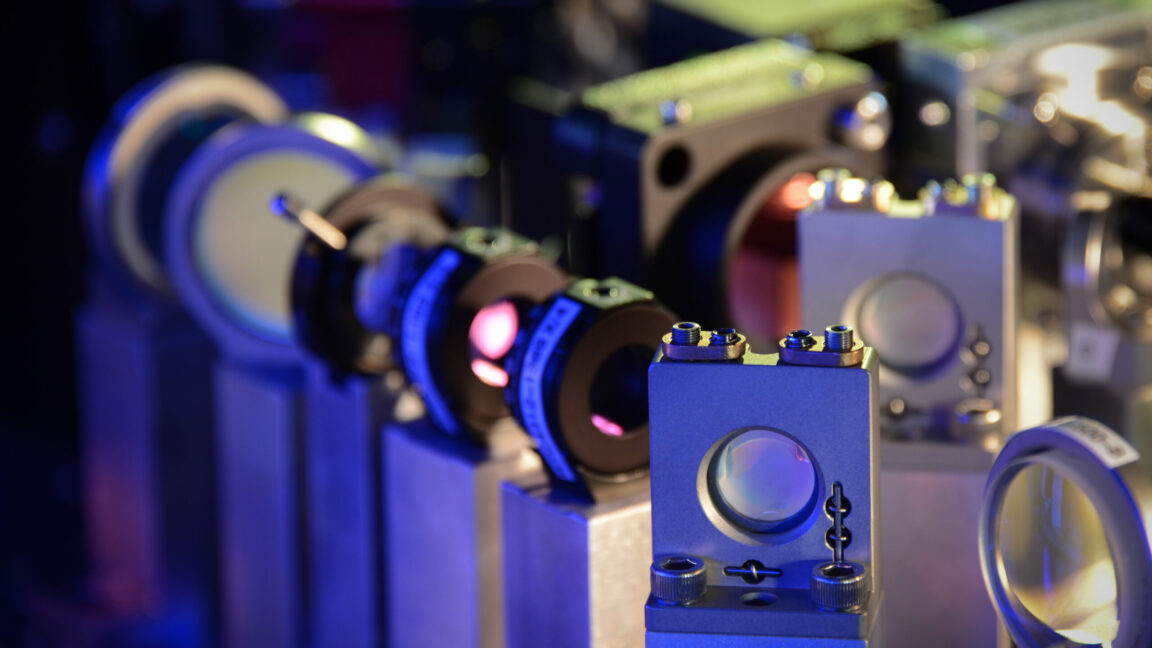So, the paper describes how some logical operations can be performed relatively easily, while a few others require manipulations of the error correction scheme in order to work. (These manipulations have names like lattice surgery and magic state distillation, which are good signs that the field doesn’t take itself that seriously.)
So, in sum, Microsoft feels that it has identified an error correction scheme that is fairly compact, can be implemented efficiently on hardware that stores qubits in photons, atoms, or trapped ions, and enables universal computation. What it hasn’t done, however, is show that it actually works. And that’s because it simply doesn’t have the hardware right now. Azure is offering trapped ion machines from IonQ and Qantinuum, but these top out at 56 qubits—well below the 96 needed for their favored version of these 4D codes. The largest it has access to is a 100-qubit machine from a company called PASQAL, which barely fits the 96 qubits needed, leaving no room for error.
While it should be possible to test smaller versions of codes in the same family, the Azure team has already demonstrated its ability to work with error correction codes based on hypercubes, so it’s unclear whether there’s anything to gain from that approach.
More atoms
Instead, it appears to be waiting for another partner, Atom Computing, to field its next-generation machine, one it’s designing in partnership with Microsoft. “This first generation that we are building together between Atom Computing and Microsoft will include state-of-the-art quantum capabilities, will have 1,200 physical qubits,” Svore said “And then the next upgrade of that machine will have upwards of 10,000. And so you’re looking at then being able to go to upwards of a hundred logical qubits with deeper and more reliable computation available. “

